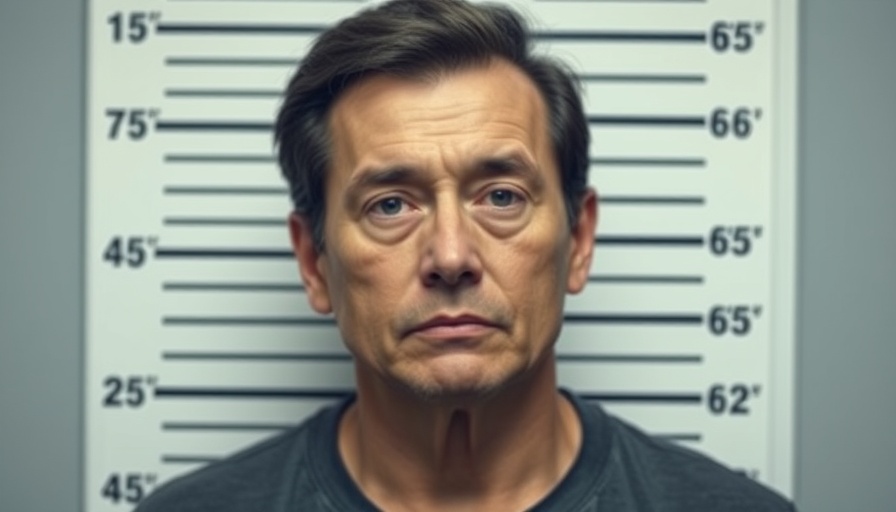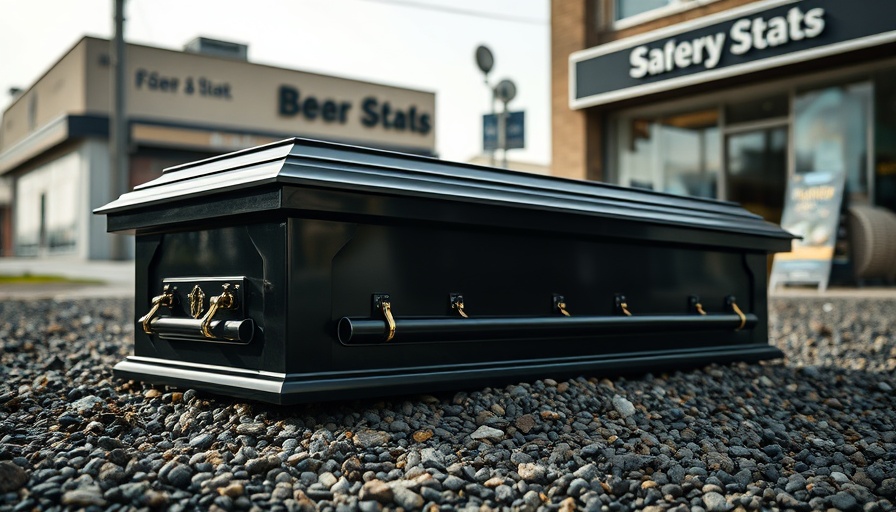
Understanding the Depths of Fear and Self-Defense: The Shooting Incident in Memphis
In a troubling incident on a quiet street in Memphis, a local man, Gabriel Pickett, has been charged with second-degree murder following the shooting of a man he believed had been stalking him for months. The events unfolded late Saturday night when Pickett reportedly fired multiple shots at vehicles and at the victim after claiming he felt increasingly threatened. This incident raises significant questions about the nature of self-defense, the psychological implications of fear-induced actions, and the societal responsibilities concerning public safety.
What Happened in Memphis?
The Memphis Police Department responded to an alarming report around 11:45 p.m. near Knight Arnold and Perkins, where witnesses saw a man in a white t-shirt firing shots. The situation escalated when the victim's car was struck, and soon after, Pickett was located during a domestic disturbance. Upon arrival at Pickett’s home, officers found another man with multiple gunshot wounds. Video evidence captured the altercation leading up to the shooting, painting a harrowing picture of fear-driven behavior.
Fear and Misinterpretation: Self-Defense or Reckless Behavior?
This case highlights an unsettling phenomenon—when fear can blur the lines between self-defense and reckless aggression. According to research, individuals experiencing prolonged stress and paranoia may misinterpret innocuous actions, leading to tragic consequences. In Pickett's case, he claimed that he had been under threat for months and thought the victim was among those following him.
When discussing fear and decision-making, experts suggest that adrenaline can heighten one’s perception, resulting in hyper-vigilance. Human beings, in a state of fear, may react impulsively and violently if they believe their lives are in danger. This cognitive bias can lead individuals to view potential threats where none exist, prompting them to act out in self-defense even when the circumstances might otherwise suggest a different response.
The Broader Implications of Gun Violence
The unsettling reality is that gun violence remains a pressing issue in the MidSouth and across the United States. As more individuals turn to firearms for self-protection, instances like Pickett's not only affirm the need for public discussions about gun laws but also call for enhanced mental health awareness. According to a report by the Centers for Disease Control and Prevention, gun-related deaths have significantly increased in the last decade, a trend that many believe is closely tied to rising fears and safety concerns in urban environments.
Lessons Learned: Addressing Safety Concerns
This incident serves as a stark reminder for homeowners in the MidSouth about the complexities of safety and security. While it is natural to want to protect oneself and one's family, relying solely on firearms can have devastating consequences. It underscores the importance of community safety measures and mental health resources. Local authorities can help by providing conflict resolution strategies and mental health support systems to prevent such tragic misunderstandings.
Legal Consequences and Community Reaction
Legal repercussions for Pickett could be severe, with charges including second-degree murder and reckless endangerment currently pending. His court date is scheduled for June 23, an event that will undoubtedly draw local attention. As the community processes this incident, there is likely to be a mixture of outrage and sympathy—not only for the victim but also for Pickett. How a neighborhood responds to such violence can shape its culture for years to come, affecting community trust and the willingness of residents to engage in proactive safety measures.
Moving Forward: Building Healthy Communities
It is crucial for residents to engage in open discussions about fear, safety, and the emotional well-being of community members. Incorporating mental health education into local schools and promoting safe spaces for conversations about personal safety can equip individuals with better tools for managing their fears.
Ultimately, incidents like that of Gabriel Pickett remind us of the delicate balance between personal safety and community responsibility. Addressing these issues with empathy and understanding is essential in preventing future tragedies and fostering a more harmonious society.
In conclusion, as we reflect on this painful event, let us consider proactive paths to ensure that no one feels the need to resort to violence out of fear. Engage with your local communities, voice your concerns, and advocate for mental health support initiatives that can make a difference.
 Add Row
Add Row  Add
Add 



 Add Row
Add Row  Add
Add 
Write A Comment